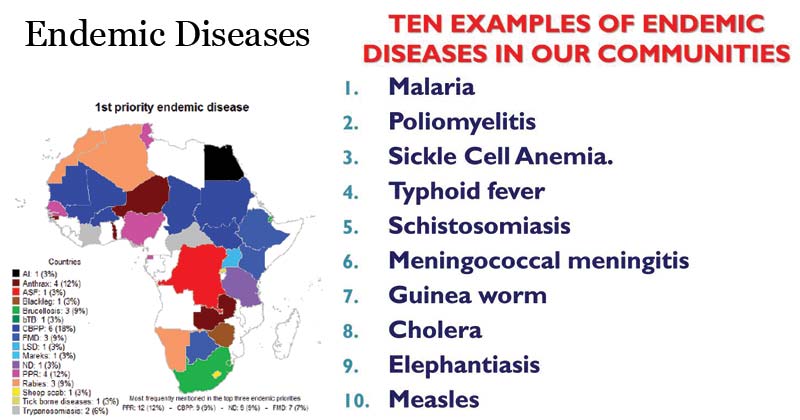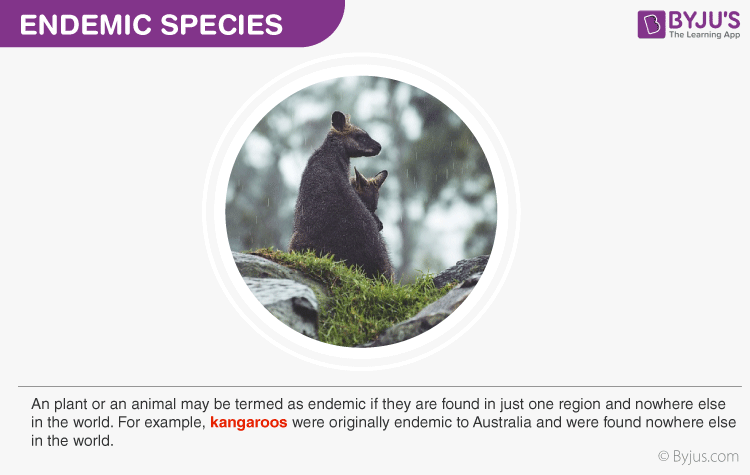Endemic Definition Environmental Science

It involves a number of disciplines like geology hydrology soil sciences plant physiology and ecology.
Endemic definition environmental science. The disease is present in a community at all times but in relatively low frequency. A characteristic of a particular population environment or region. Work in teams to select a threatened endemic species and imagine being a member of the medical team at a biodiversity hospital where threatened species are patients threats to their long term survival are diagnosed assessed treatment plans conservation strategies are proposed and beds resources are. Endemic is an adjective that means natural to native to confined to or widespread within a place or population of people.
The giant sequoia is endemic to california. Malaria for example is endemic to tropical regions. For example malaria is said to be endemic to tropical regions. Examples of endemic diseases include chicken pox that occurs at a predictable rate among young school children in the united states and malaria in some areas of africa.
Noun the branch of science concerned with the physical chemical and biological conditions of the environment and their effect on organisms. Belonging or native to a particular people or country. As such it is a multidisciplinary science. Endemic is perhaps most commonly used to describe a disease that is prevalent in or restricted to a particular location region or population.
Endemic endemic generally endemic is defined as anything characteristic or native to a particular local area or environment. Found in or confined to a particular location region or people. Develop a treatment plan for a selected endemic species. Restricted or peculiar to a locality or region endemic diseases an endemic species.
Characteristic of or prevalent in a particular field area or environment problems endemic to translation the self indulgence endemic in the film industry.


















